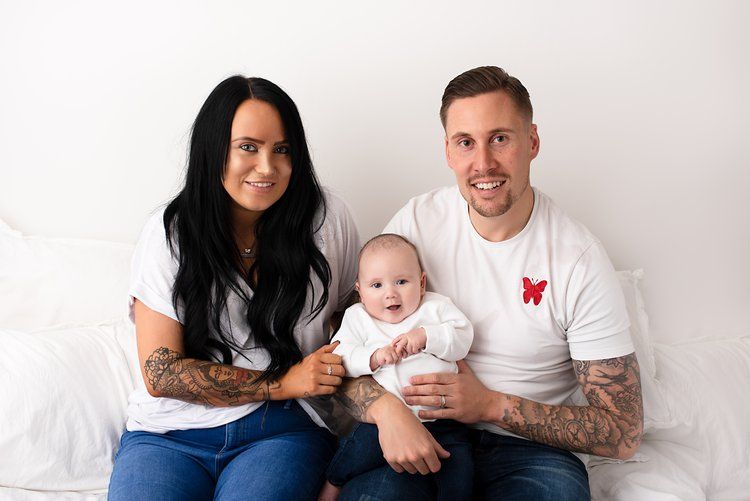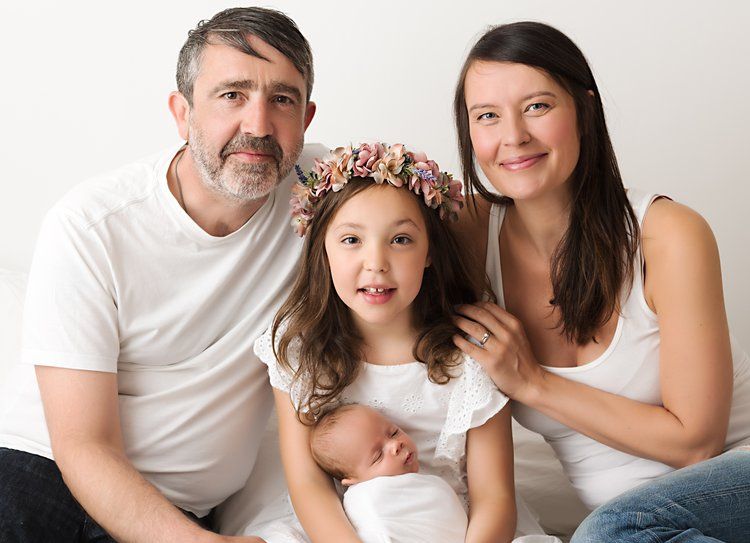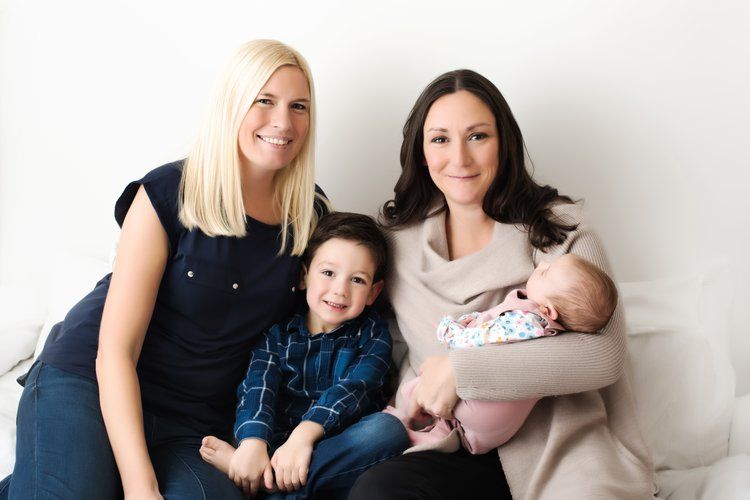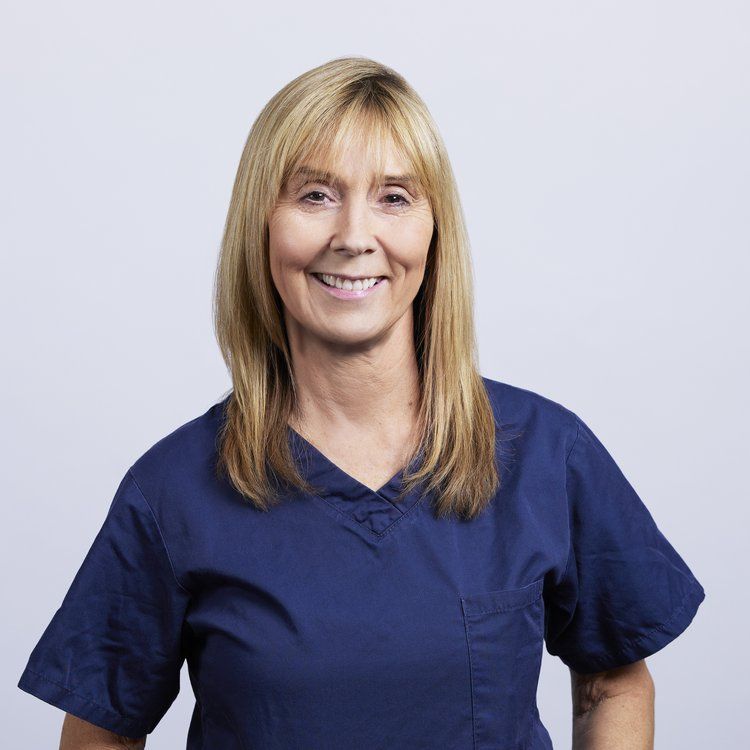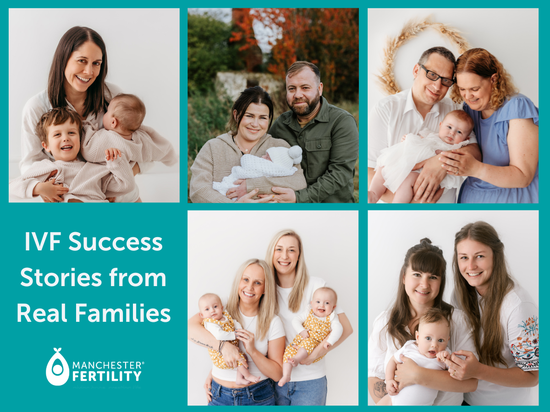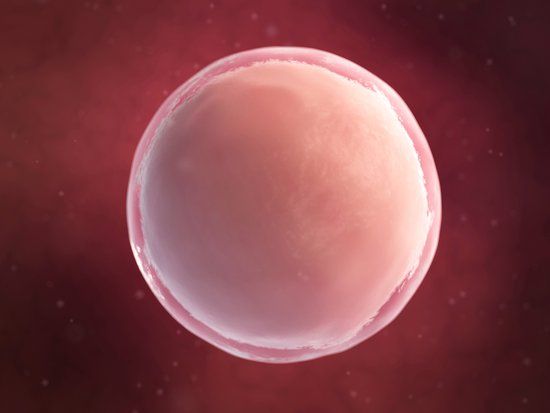You can choose to fund your IVF cycle yourself or through an IVF treatment package, which gives you fixed-cost peace of mind. Learn more about funding your IVF treatment with an Access Fertility pre-paid plan.

Did we answer all your fertility questions today?
If you still feel you need more guidance and support, you can book a FREE 1-2-1 discovery meeting to talk through the options available to you.



